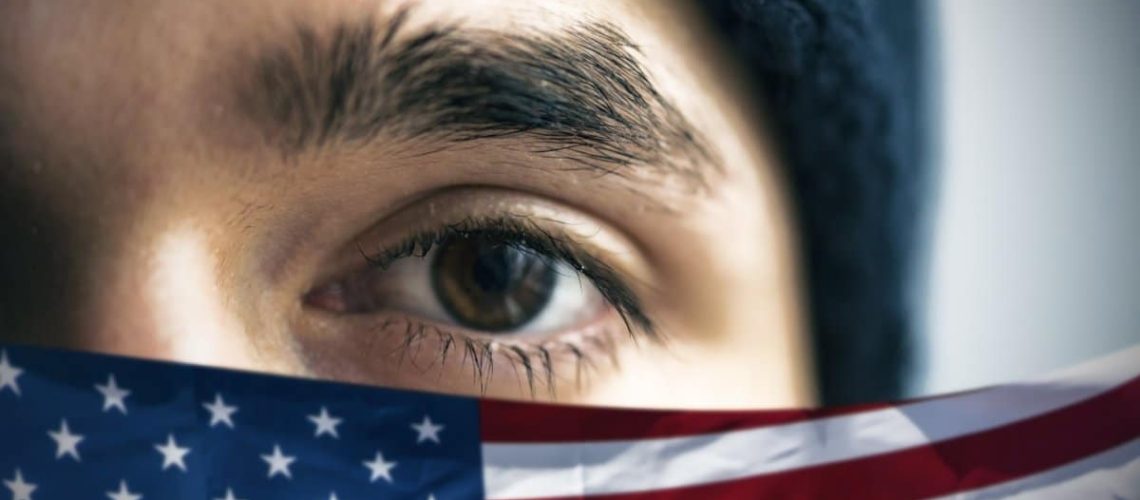There are many significant aspects of Black history that often go untold or overlooked in mainstream American education and discourse. Here are some crucial facts and events that deserve more attention:
1. The First Black President
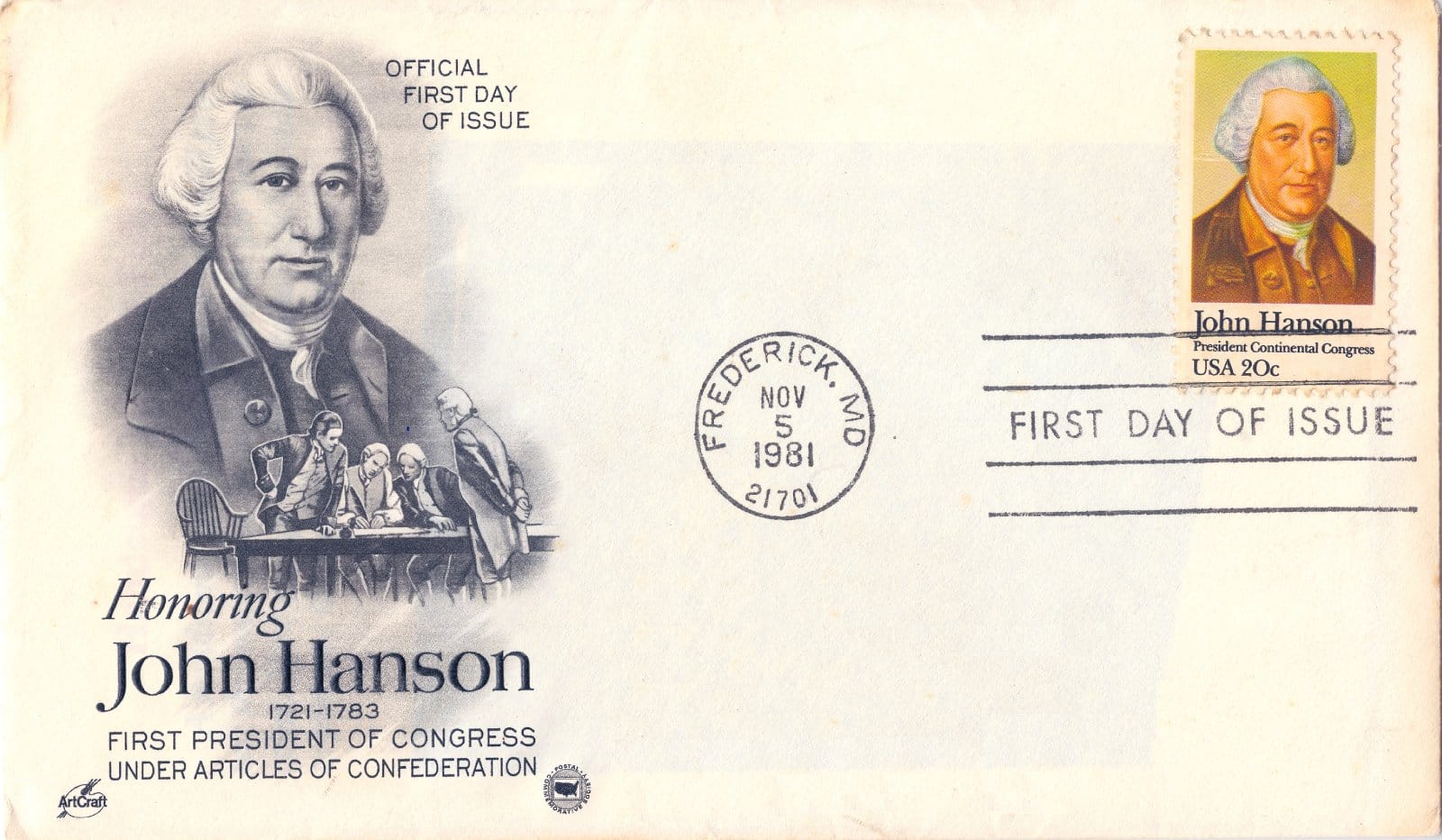
Barack Obama, elected in 2008, is often celebrated as the first Black president of the United States. However, John Hanson, a Moor, was the first president of the Continental Congress under the Articles of Confederation, making him one of the first Black presidents of a governing body in America.
2. Tulsa Race Massacre
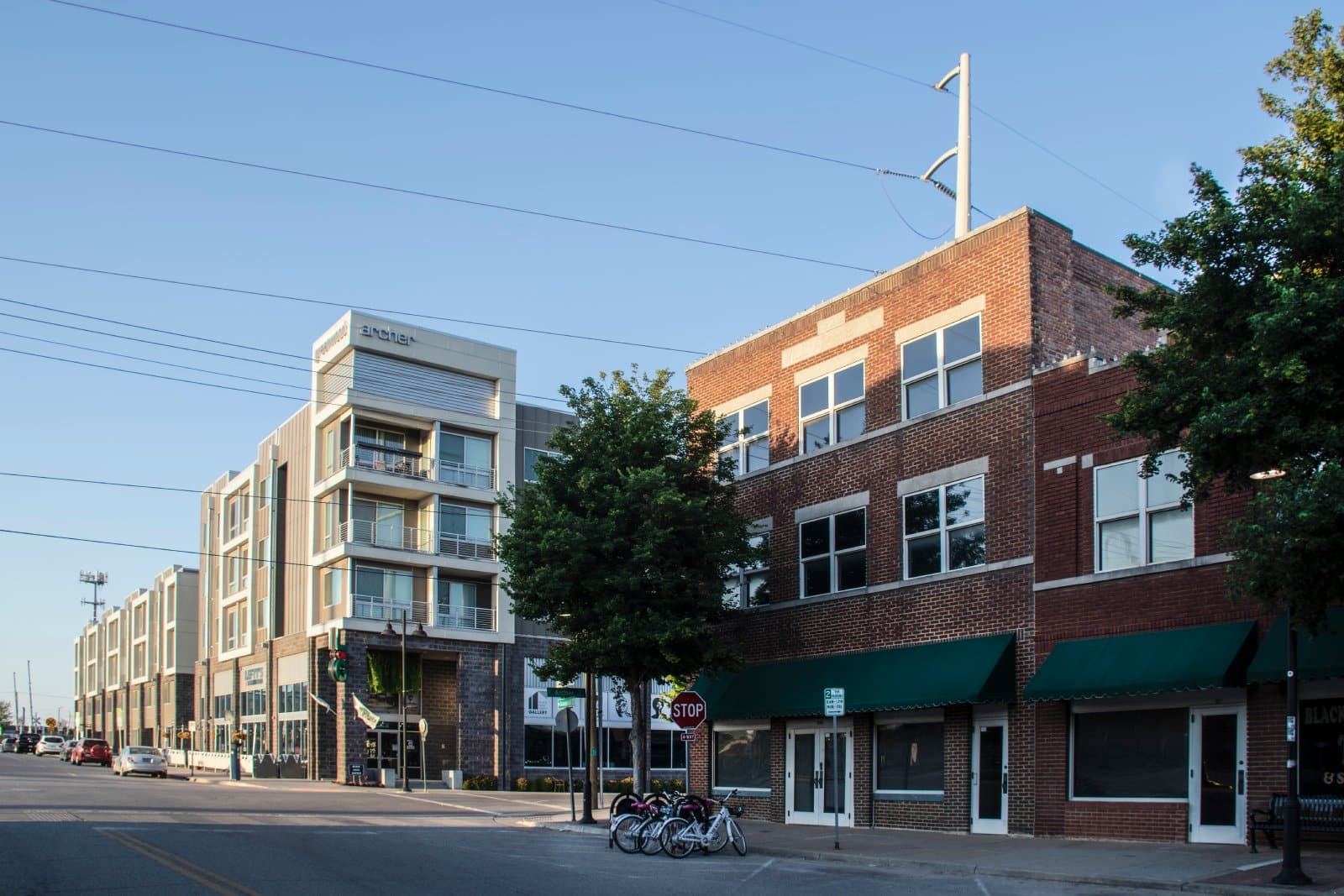
In 1921, one of the worst incidents of racial violence in U.S. history occurred in Tulsa, Oklahoma. A white mob attacked the prosperous Black neighborhood of Greenwood, known as “Black Wall Street,” killing hundreds and destroying homes and businesses. This atrocity was largely omitted from history books until recent years.
3. Redlining and Housing Discrimination
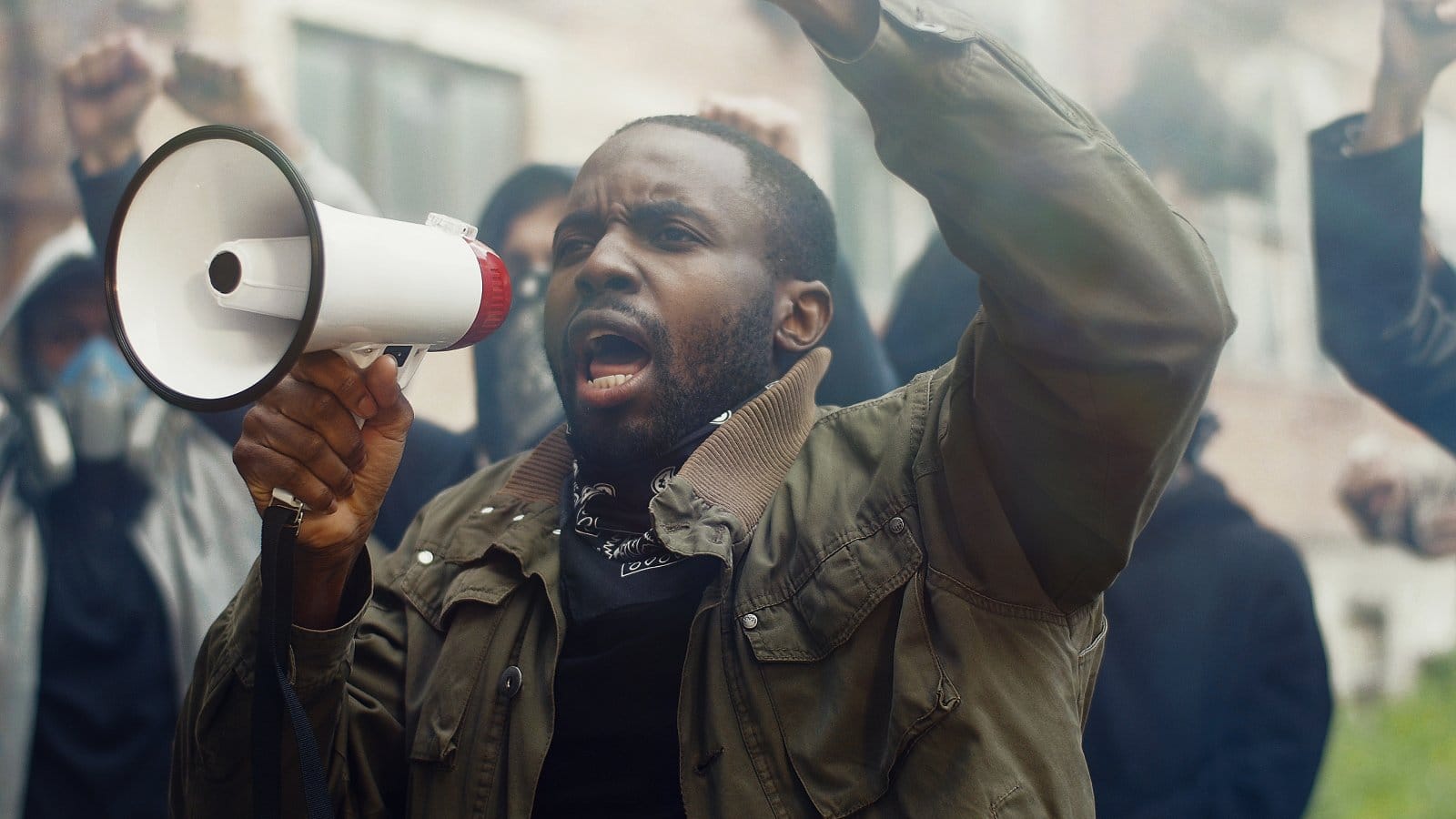
Redlining was a practice used by banks and the government to deny mortgages and insurance to Black Americans, effectively segregating cities and preventing Black families from accumulating wealth through homeownership. This practice has had long-lasting effects on economic disparities between Black and white Americans.
4. The Black Panthers’ Community Programs
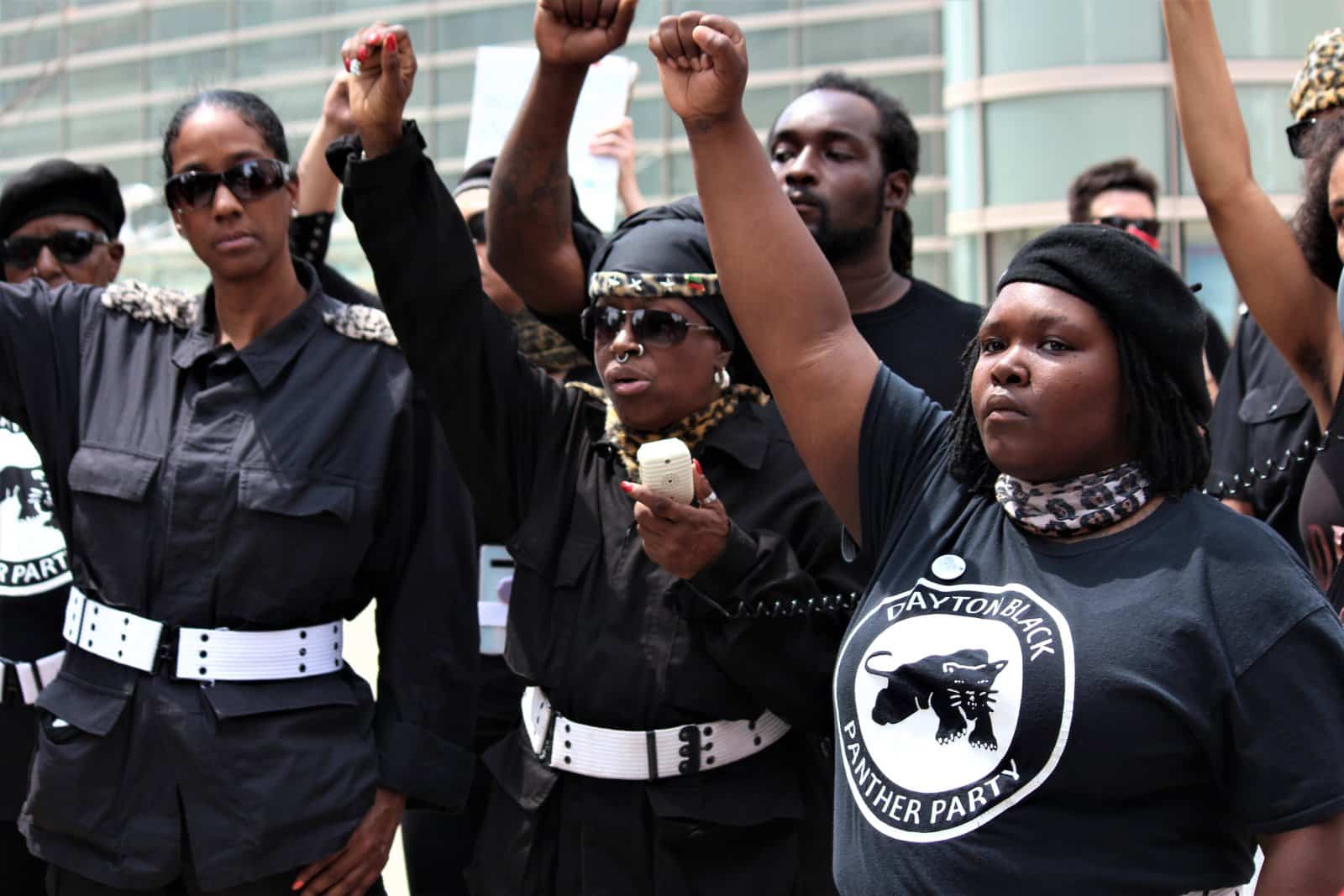
The Black Panther Party, often portrayed solely as a militant group, also initiated significant community programs. These included free breakfast programs for children, health clinics, and education initiatives aimed at empowering Black communities and addressing systemic inequalities.
5. COINTELPRO
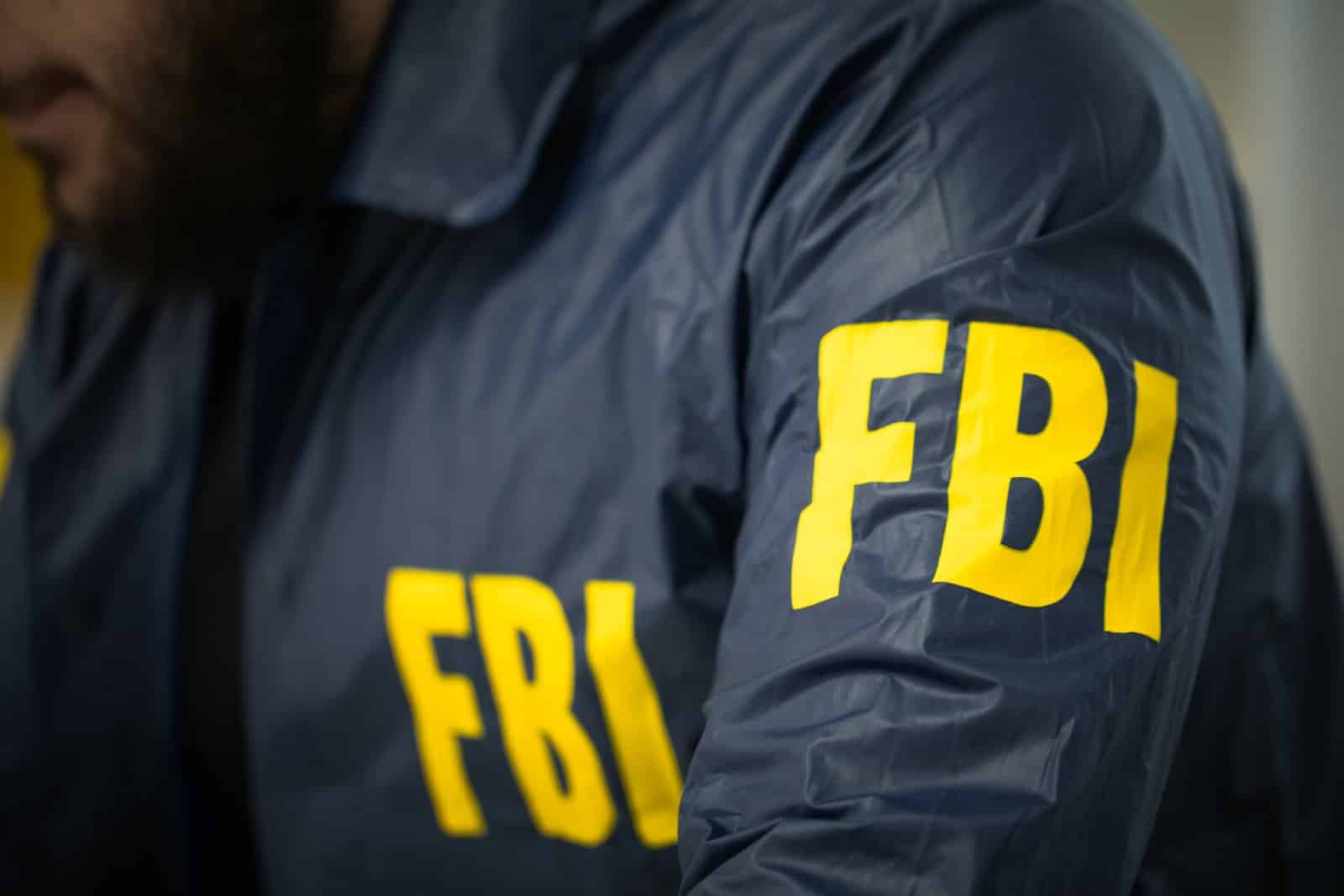
The FBI’s Counter Intelligence Program (COINTELPRO) targeted civil rights leaders and organizations, including Martin Luther King Jr., Malcolm X, and the Black Panther Party. This program sought to disrupt and discredit the civil rights movement through surveillance, harassment, and infiltration.
6. Medical Experimentation and Tuskegee Syphilis Study

The Tuskegee Syphilis Study, conducted between 1932 and 1972, involved the U.S. Public Health Service studying the progression of untreated syphilis in Black men without their informed consent. This unethical study resulted in severe health consequences and highlighted systemic racism in medical research.
7. The Impact of the War on Drugs

The War on Drugs, initiated in the 1980s, disproportionately targeted Black communities, leading to mass incarceration and long-term socioeconomic impacts. Policies like mandatory minimum sentences and three-strikes laws have contributed to the United States having one of the highest incarceration rates in the world.
8. Black Inventors and Innovators

Many essential inventions and innovations were created by Black Americans but are often not widely recognized. For example, Garrett Morgan invented the gas mask and the three-position traffic signal, while Madam C.J. Walker became one of the first self-made female millionaires with her line of beauty products.
9. The Role of Black Women in the Civil Rights Movement
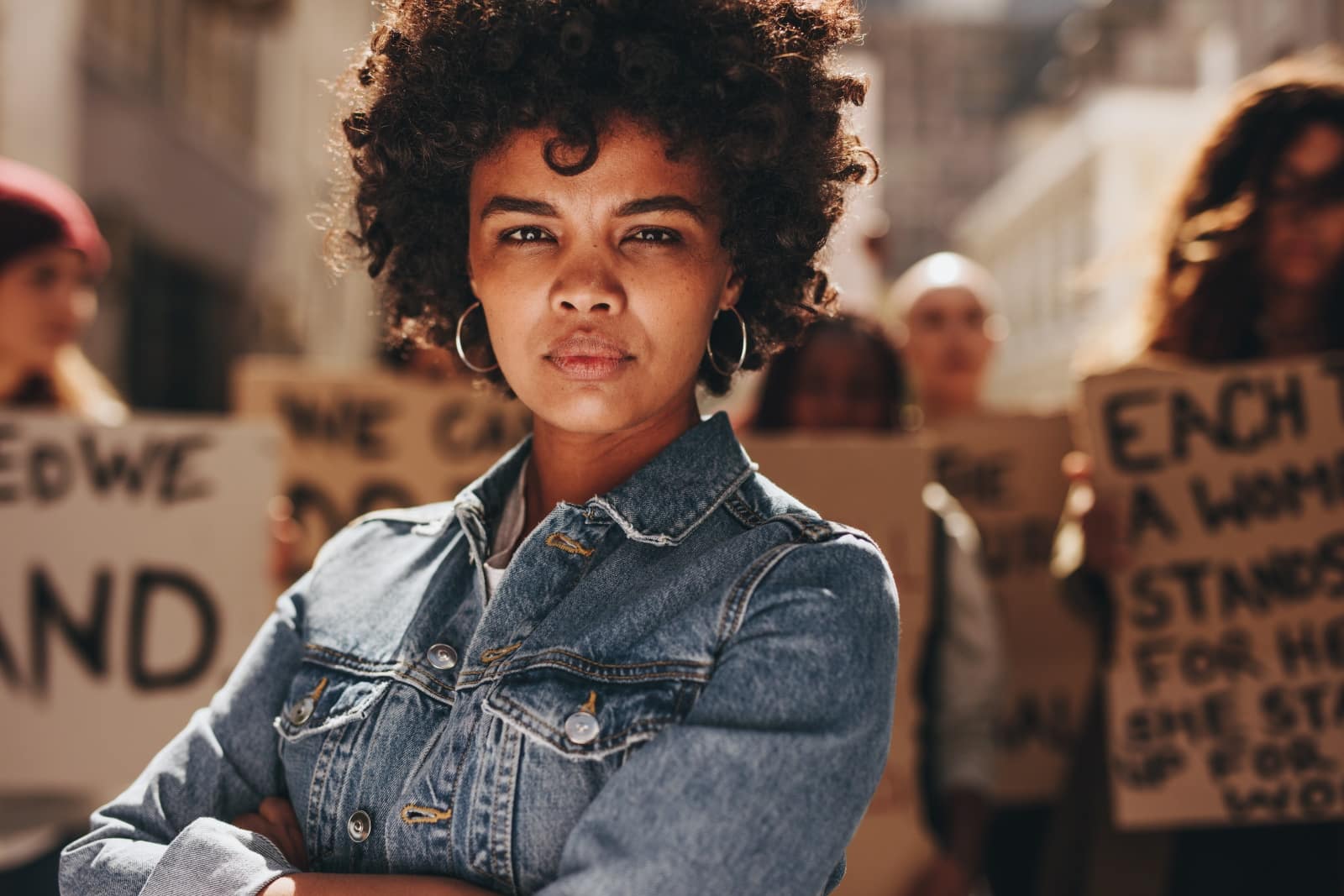
While figures like Martin Luther King Jr. and Malcolm X are well-known, the significant contributions of Black women like Fannie Lou Hamer, Ella Baker, and Diane Nash are often overlooked. These women played crucial roles in organizing, strategizing, and leading civil rights efforts.
10. Juneteenth
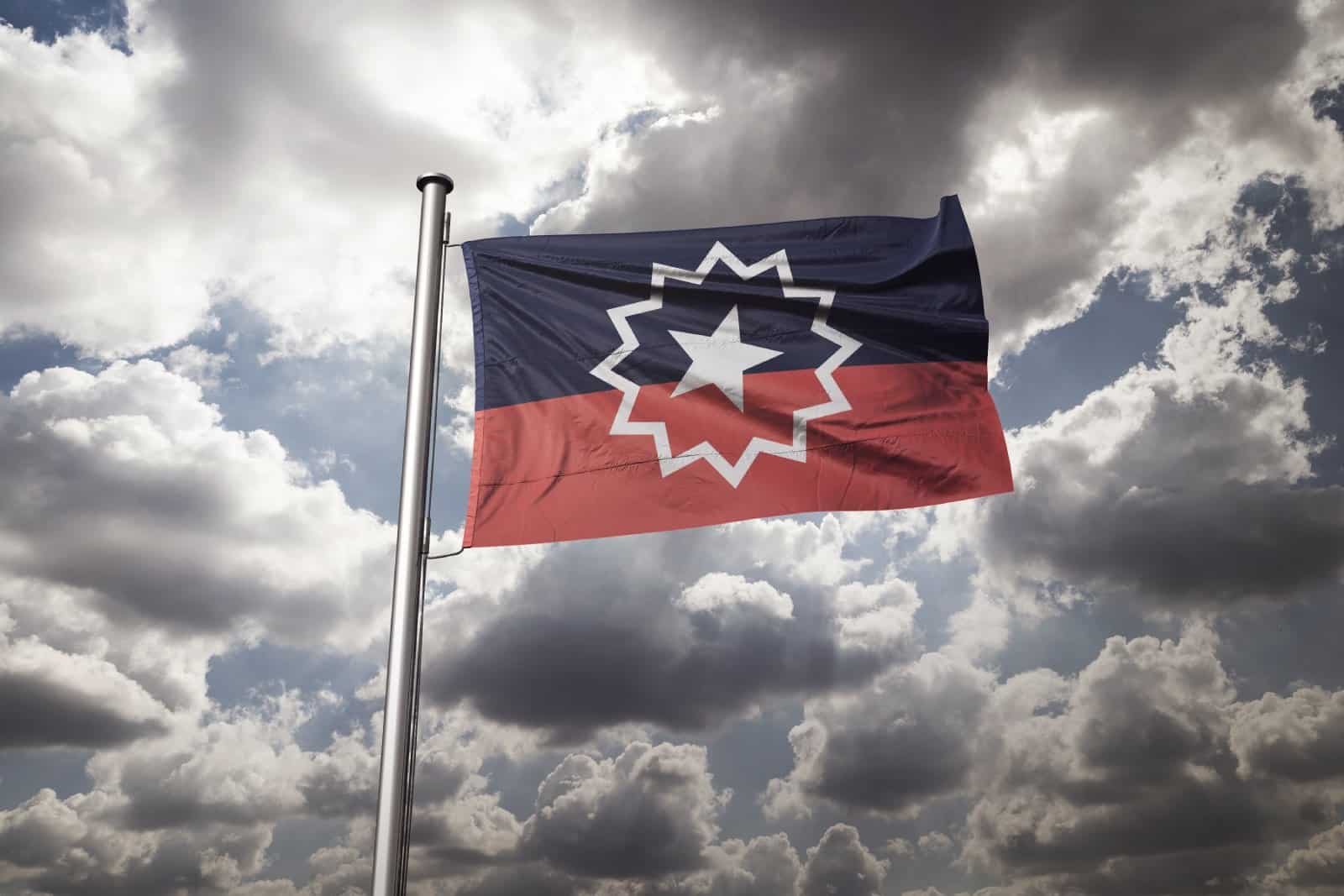
Juneteenth, celebrated on June 19th, marks the day in 1865 when enslaved people in Texas were informed of their freedom, two and a half years after the Emancipation Proclamation. Despite its significance, Juneteenth only recently gained widespread recognition as a national holiday.
11. Black Wall Street
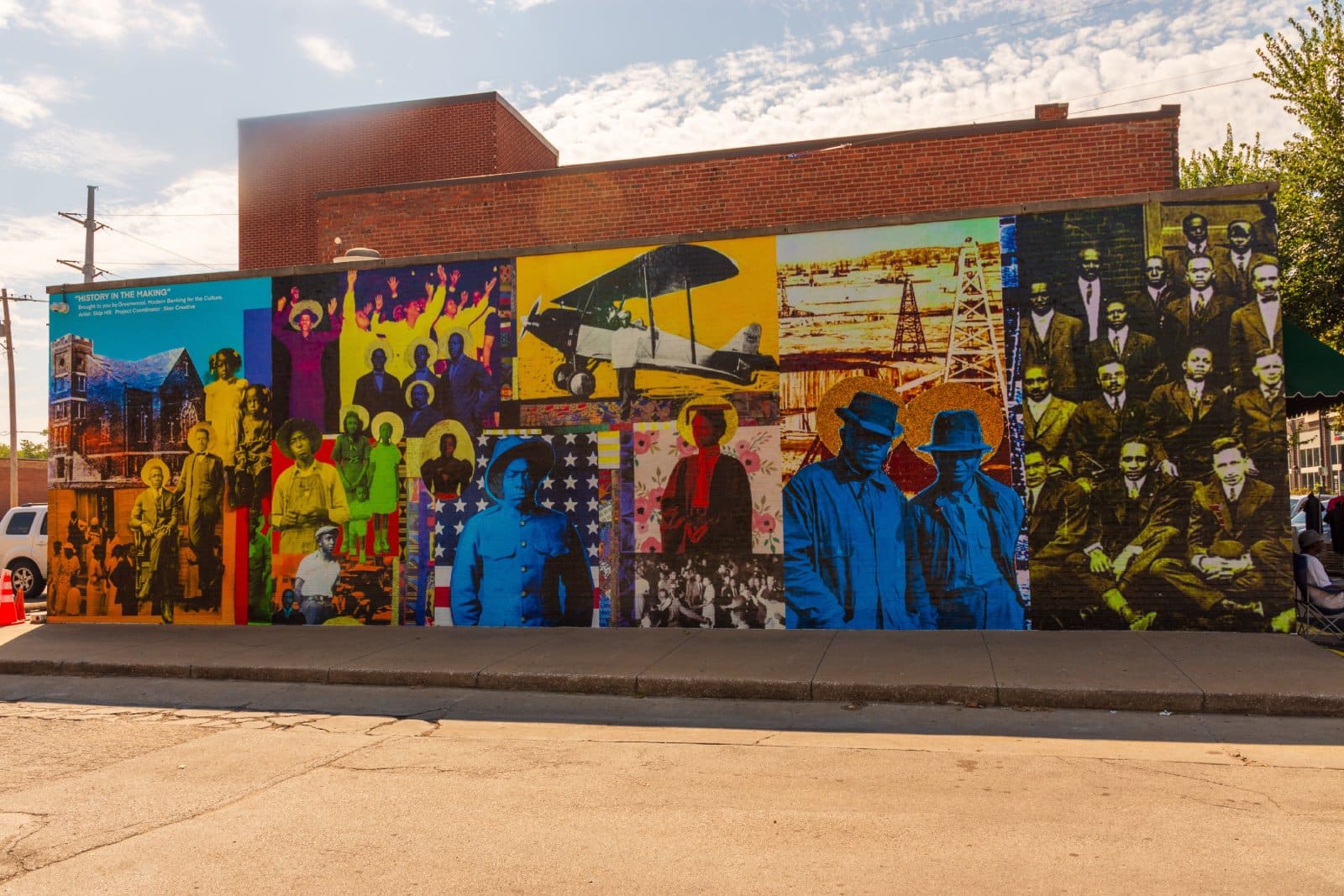
Before the Tulsa Race Massacre, the Greenwood District in Tulsa, Oklahoma, was known as Black Wall Street. This area was one of the most prosperous Black communities in the United States, showcasing the economic potential of African Americans despite systemic racism.
12. The Great Migration
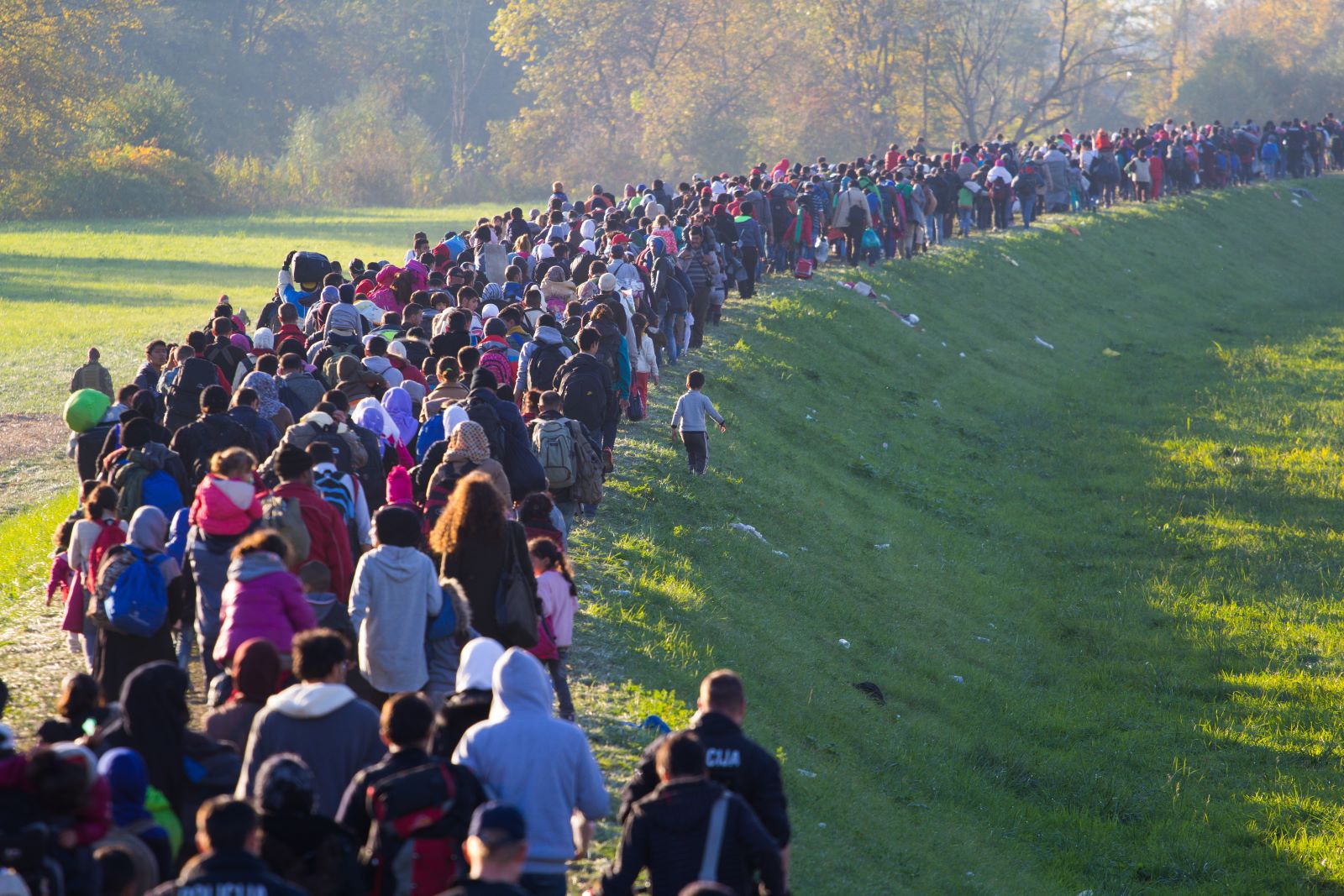
Between 1916 and 1970, millions of Black Americans moved from the rural South to urban areas in the North and West in what is known as the Great Migration. This movement transformed American cities and significantly impacted culture, politics, and the economy.
13. The Harlem Renaissance
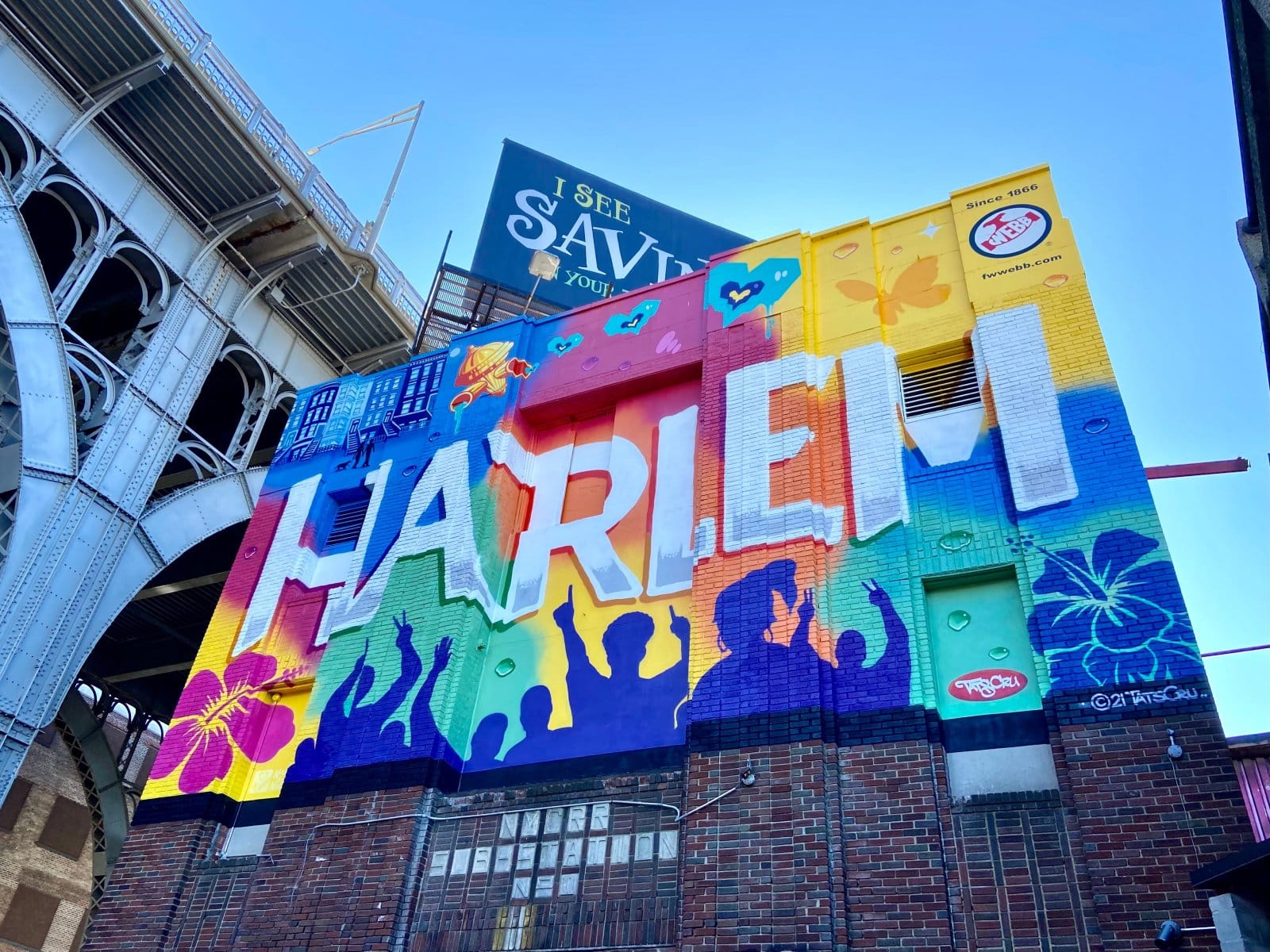
The Harlem Renaissance was a cultural, social, and artistic explosion centered in Harlem, New York, during the 1920s. This movement celebrated Black culture and creativity, producing legendary figures like Langston Hughes, Zora Neale Hurston, and Duke Ellington.
14. The Civil Rights Act of 1964
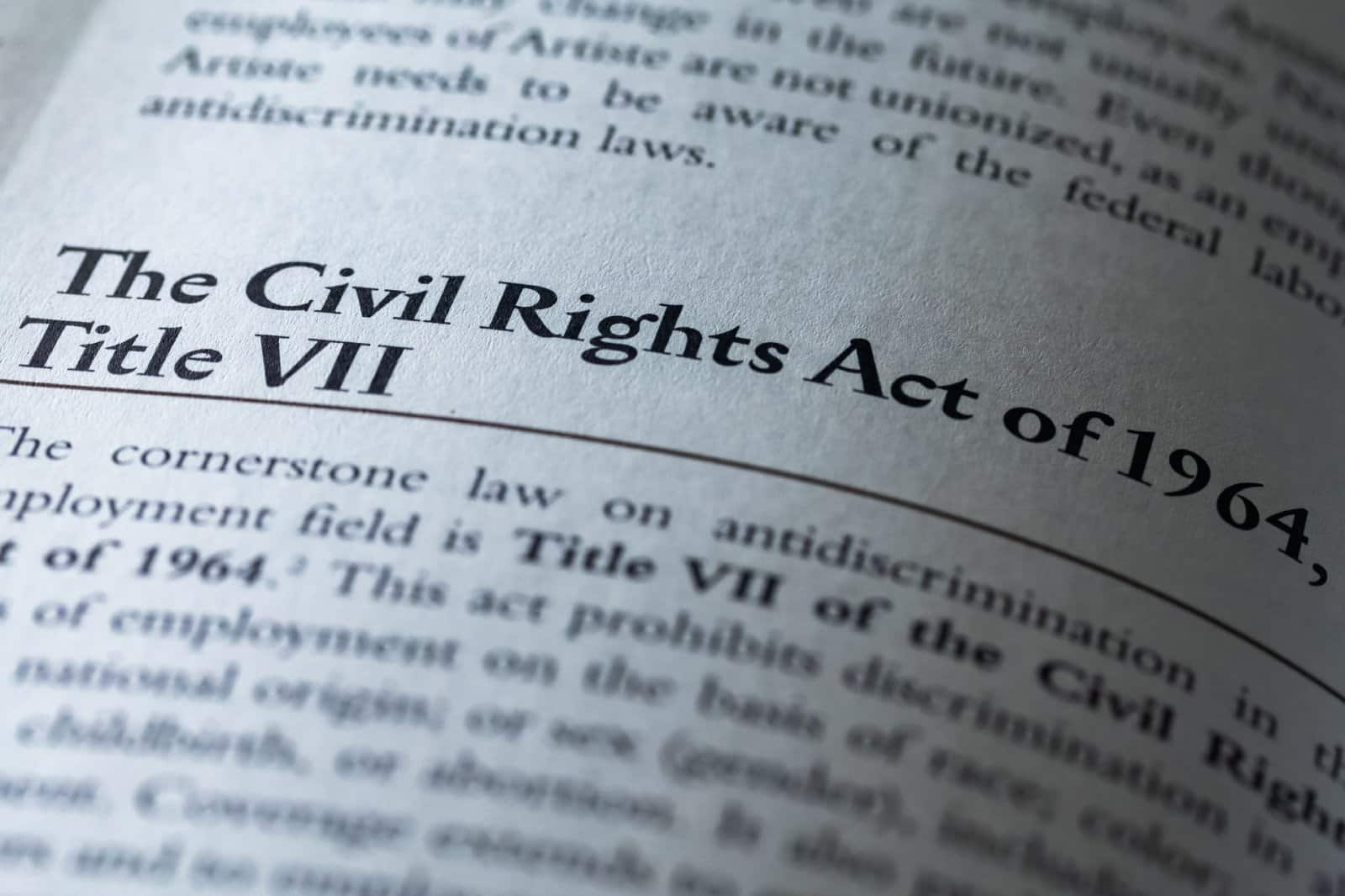
The Civil Rights Act of 1964 was a landmark piece of legislation that outlawed discrimination based on race, color, religion, sex, or national origin. This act was a significant victory for the civil rights movement, though its implementation faced significant resistance.
15. Black Soldiers in World War II
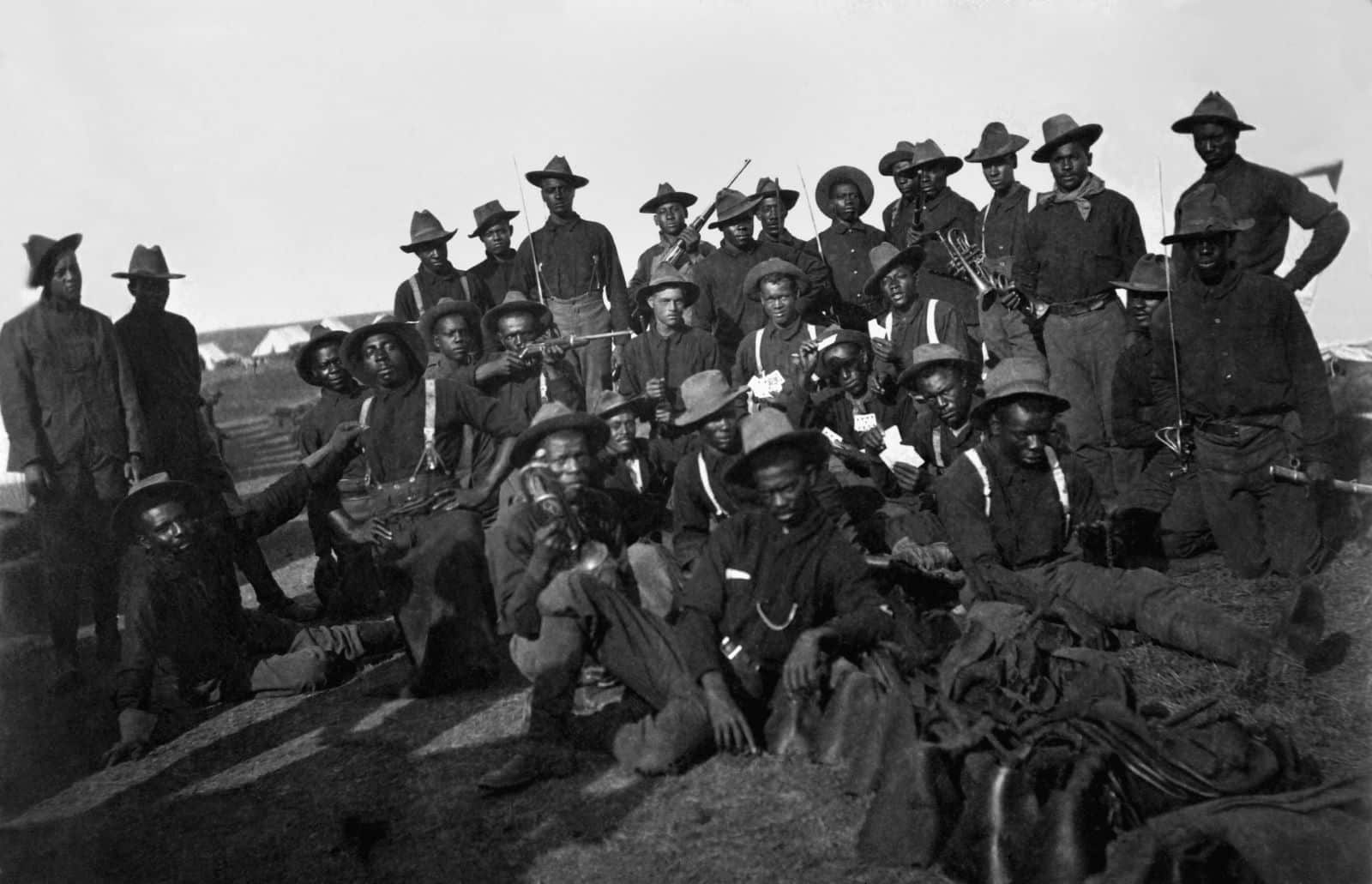
Black soldiers played crucial roles in World War II, despite facing segregation and discrimination within the military. The Tuskegee Airmen, an all-Black squadron of fighter pilots, became highly respected for their bravery and skill.
16. Reconstruction and Its Betrayal

The Reconstruction era (1865-1877) aimed to rebuild the South and integrate freed slaves into society. However, it ended with the Compromise of 1877, leading to the withdrawal of federal troops and the establishment of Jim Crow laws that enforced racial segregation and disenfranchised Black Americans for decades.
Reflecting on Untold Black History

These facts highlight the importance of recognizing and teaching a more comprehensive and accurate portrayal of Black history. How many of these facts were new to you, and what more can we do to ensure they are widely known?
21 Beliefs About the Bible That Are Actually False

The Bible is one of the most discussed and debated books in history, yet many common beliefs about it are more myth than fact. How many of these misconceptions have you heard before? 21 Beliefs About the Bible That Are Actually False
21 Subtle Racisms That Are Commonplace in America

Racism in America isn’t always overt; it often hides in plain sight through subtle actions and attitudes. How many of these subtle racisms have you noticed around you? 21 Subtle Racisms That Are Commonplace in America
Only Legal in America: 21 Things You CAN’T Do in the Rest of the World
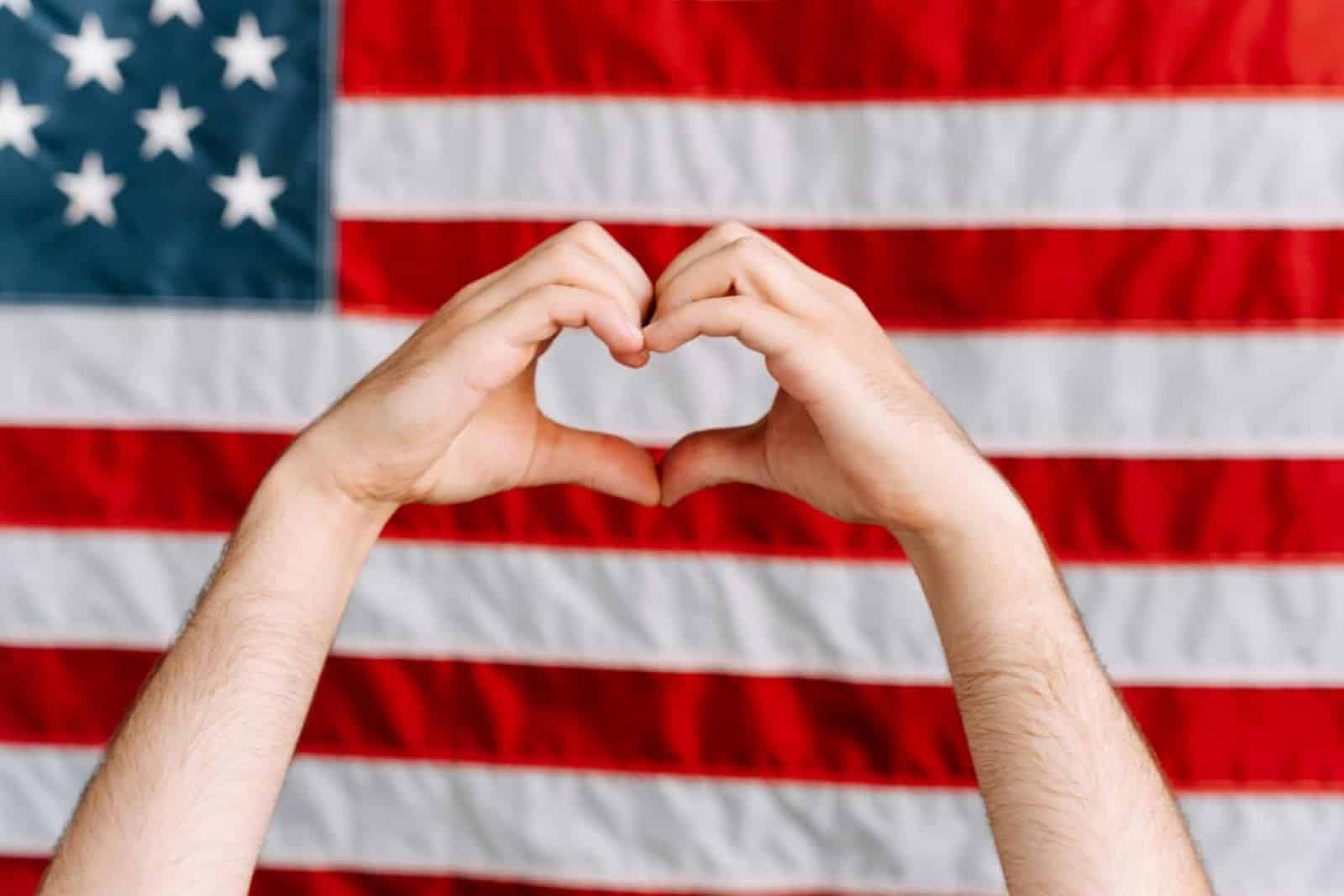
The U.S. dances to its own beat, especially when it comes to laws that make the rest of the world do a double-take. Here’s a lineup of things that scream “Only in America,” sticking strictly to what’s written in the law books. Ready for a tour through the American legal landscape that’ll leave you wondering if freedom might just be a bit too free? Only Legal in America: 21 Things You CAN’T Do in the Rest of the World
Featured Image Credit: Shutterstock / Savvapanf Photo.
For transparency, this content was partly developed with AI assistance and carefully curated by an experienced editor to be informative and ensure accuracy.

